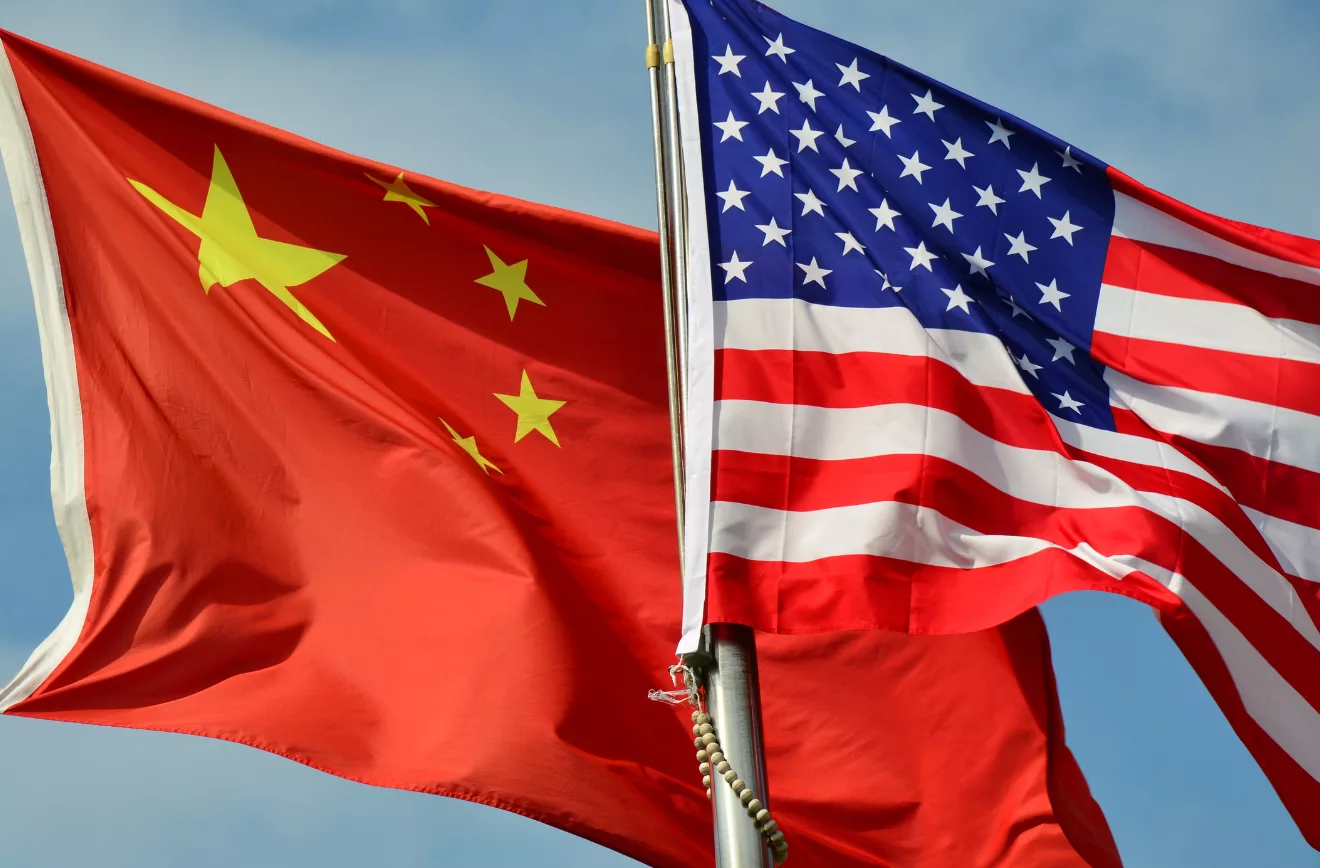
On April 12, 2025, the United States Customs and Border Protection announced that President Trump has granted Tariff Exemptions on a range of tech products, including semiconductors, smartphones, and computers. This decision, aimed at easing trade pressures, has sparked optimism in the cryptocurrency and decentralized finance (DeFi) sectors, as reported by Cointelegraph. With tech costs potentially decreasing, users might find new opportunities to engage with blockchain technologies. However, the exemptions come with uncertainties that could affect their long-term impact. This article explores how Tariff Exemptions might influence DeFi and crypto, the opportunities they present, and the challenges that remain.
How Tariff Exemptions Could Support Crypto and DeFi Growth
The Tariff Exemptions on tech products like semiconductors are particularly significant for DeFi and crypto ecosystems, which rely heavily on advanced hardware for blockchain operations. Semiconductors power the nodes and mining rigs that keep networks like Bitcoin and Ethereum running, and lower costs could enhance scalability. Following the announcement, Bitcoin surged past $85,000 on April 12, and the S&P 500 rose over 10%, suggesting a correlation between tech sector relief and crypto market confidence. This development, driven by Tariff Exemptions, could create a more favorable environment for users to manage assets on decentralized platforms, as reduced tech expenses might lead to more efficient blockchain solutions.
For users new to DeFi, this could mean easier access to decentralized applications, potentially lowering barriers to entry. Cheaper hardware might also encourage more participants to run nodes or engage with staking, strengthening network decentralization. However, the optimism must be tempered. The exemptions are part of a broader trade strategy, with Trump pausing reciprocal tariffs for 90 days and lowering rates to 10% for some countries, while China faces a 145% tariff rate. This selective relief, as noted by macro trader Raoul Pal, might be a negotiation tactic rather than a long-term policy, raising questions about the sustainability of the Tariff Exemptions and their impact on DeFi growth.
Challenges and Uncertainties Ahead
Despite the potential benefits, the Tariff Exemptions come with significant uncertainties. Commerce Secretary Howard Lutnick clarified on April 13 that these exemptions are temporary, with new semiconductor tariffs expected within months. This aligns with Trump’s announcement of a national security investigation into the electronics supply chain, signaling potential future levies. Such policy volatility could disrupt tech production, as companies like Apple, which relies on China for 90% of its iPhone manufacturing, face ongoing risks. For DeFi, this means the cost benefits from exemptions might be short-lived, potentially affecting hardware availability for blockchain networks.
Global responses add another layer of complexity. China has retaliated with 125% tariffs on U.S. goods and suspended exports of rare earth minerals, critical for tech manufacturing. This could offset the benefits of Tariff Exemptions, leading to supply chain disruptions that impact DeFi’s growth. For those engaging with DeFi, this underscores the need to monitor global trade dynamics, as they can directly affect the tech foundation of decentralized systems.

In conclusion, while the Tariff Exemptions provide a temporary boost for crypto and DeFi, their long-term impact remains uncertain. Users can benefit from potential cost reductions and increased accessibility, but they should remain cautious of policy shifts and geopolitical tensions. Staying informed about trade developments will be crucial for navigating this evolving landscape.
Disclaimer: Investing and Crypto Investing involves risk and your investment may lose value. Past performance gives no indication of future results. These statements do not constitute and cannot replace investment advice.
